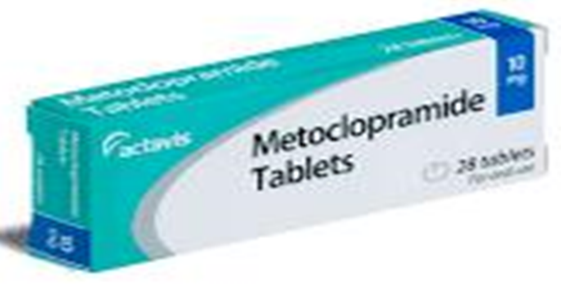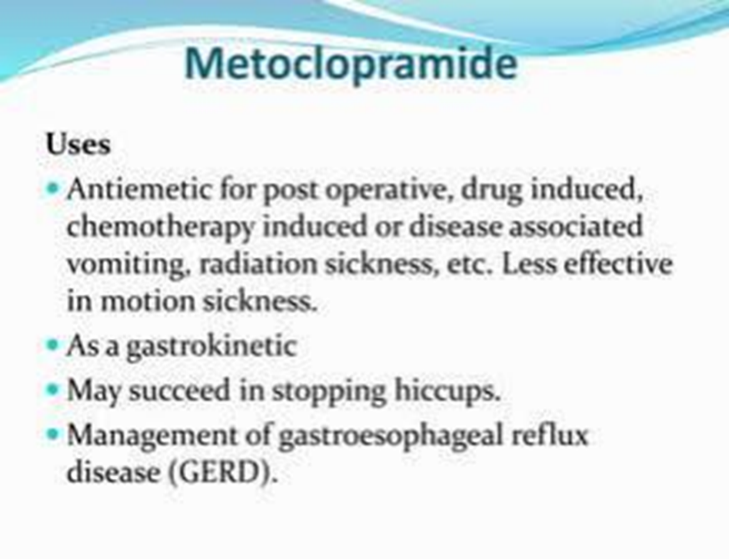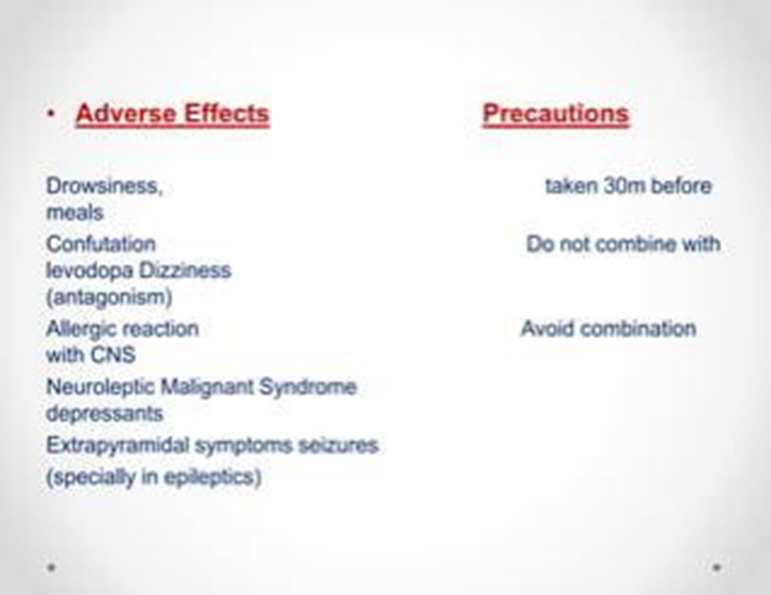Mouth-dissolving tablets (MDTs) are an innovative dosage form that offers convenience, rapid onset of action, and improved patient compliance, especially for pediatric, geriatric, and dysphagic patients. Metoclopramide, a dopamine receptor antagonist, is commonly used to treat nausea, vomiting, and various gastrointestinal disorders. Developing MDTs for Metoclopramide enhances therapeutic efficiency by ensuring faster disintegration, dissolution, and absorption. This review discusses formulation strategies, key excipients, preparation techniques, evaluation parameters, and future prospects for Metoclopramide MDTs, emphasizing their potential to improve patient compliance and clinical outcomes.
Mouth-dissolving tablets, Metoclopramide, Superdisintegrants, Direct compression, Taste masking, Rapid disintegration, Patient compliance
Oral drug delivery remains the most popular route for medication due to its simplicity, ease of administration, and patient acceptability. However, traditional tablets can pose challenges for patients with swallowing difficulties or those requiring immediate therapeutic effects. Mouth-dissolving tablets (MDTs) dissolve rapidly in the oral cavity, eliminating the need for water and enhancing compliance.
Metoclopramide, a prokinetic and antiemetic agent, is frequently used in conditions like chemotherapy-induced nausea, gastroparesis, and gastroesophageal reflux disease (GERD). Despite its benefits, the bitter taste and slow onset of action in conventional forms hinder patient adherence. MDTs of Metoclopramide provide a promising solution by enabling rapid drug release and absorption for acute symptom management.
2. Metoclopramide: An Overview
Metoclopramide primarily acts as a dopamine receptor antagonist with additional serotonergic effects. It is highly water-soluble but has a bitter taste that requires masking in MDT formulations. The therapeutic applications include:
- Nausea and Vomiting: Particularly in chemotherapy and postoperative scenarios
- Gastrointestinal Motility Disorders: Gastroparesis and GERD management
- Migraine: As an adjunctive therapy for nausea control
The rapid onset of action required in these indications makes Metoclopramide an ideal candidate for MDT development.
3. Formulation Strategies for MDTs

3.1. Active Pharmaceutical Ingredient (API)
Metoclopramide hydrochloride is the most commonly used form. Its high solubility necessitates techniques like complexation with cyclodextrins and coating to mask its bitterness.
3.2. Excipients
- Superdisintegrants: Enhance disintegration time. Examples: Crospovidone, croscarmellose sodium, sodium starch glycolate.
- Binders: Ensure mechanical strength. Examples: Hydroxypropyl methylcellulose (HPMC), polyvinylpyrrolidone (PVP).
- Taste-Masking Agents: Sucralose, aspartame, and saccharin are frequently used.
- Fillers: Improve bulk and texture. Examples: Mannitol, lactose, and microcrystalline cellulose.
3.3. Techniques for MDT Preparation
- Direct Compression: A cost-effective method using minimal steps.
- Freeze-Drying: Produces porous tablets but involves high costs.
- Melt Granulation: Ensures uniform drug distribution.
- Spray Drying: Produces fine particles with fast disintegration.
- Sublimation: Incorporates volatile substances to create porosity upon removal.
4. Evaluation Parameters for Metoclopramide MDTs
To ensure efficacy and quality, MDTs undergo extensive evaluation:
4.1. Pre-compression Parameters
- Powder Flowability: Measured through angle of repose, bulk density, and tapped density.
4.2. Post-compression Parameters
- Weight Variation: Ensures uniformity across tablets.
- Hardness: Evaluated to balance strength and disintegration.
- Friability: Assesses mechanical robustness.
- Disintegration Time: Should be within 30 seconds for MDTs (as per pharmacopeial standards).
- Dissolution Testing: Determines drug release profile.
- Taste-Masking Efficiency: Analyzed using sensory evaluation or e-tongue technology.
5. Challenges and Future Directions
Despite their advantages, MDTs face challenges in:
- Balancing disintegration speed and tablet integrity.
- Effectively masking the bitter taste of drugs like Metoclopramide.
- Ensuring cost-effectiveness during large-scale production.
Future research may focus on employing advanced techniques such as nanotechnology, 3D printing, and smart polymers to overcome these limitations. Innovations in taste-masking and bioavailability enhancement will further broaden MDT applications.


CONCLUSION
Metoclopramide MDTs offer significant benefits in terms of patient compliance and therapeutic efficiency. Advances in formulation technologies and evaluation methods have paved the way for high-quality, patient-friendly drug delivery systems. Continued research will expand their applicability and improve outcomes for various acute and chronic conditions


 Amol Dhayarkar *
Amol Dhayarkar *
 Pravin Navgire
Pravin Navgire
 Dr. V. M satpute
Dr. V. M satpute
 S. R. Ghodake
S. R. Ghodake



 10.5281/zenodo.14357896
10.5281/zenodo.14357896